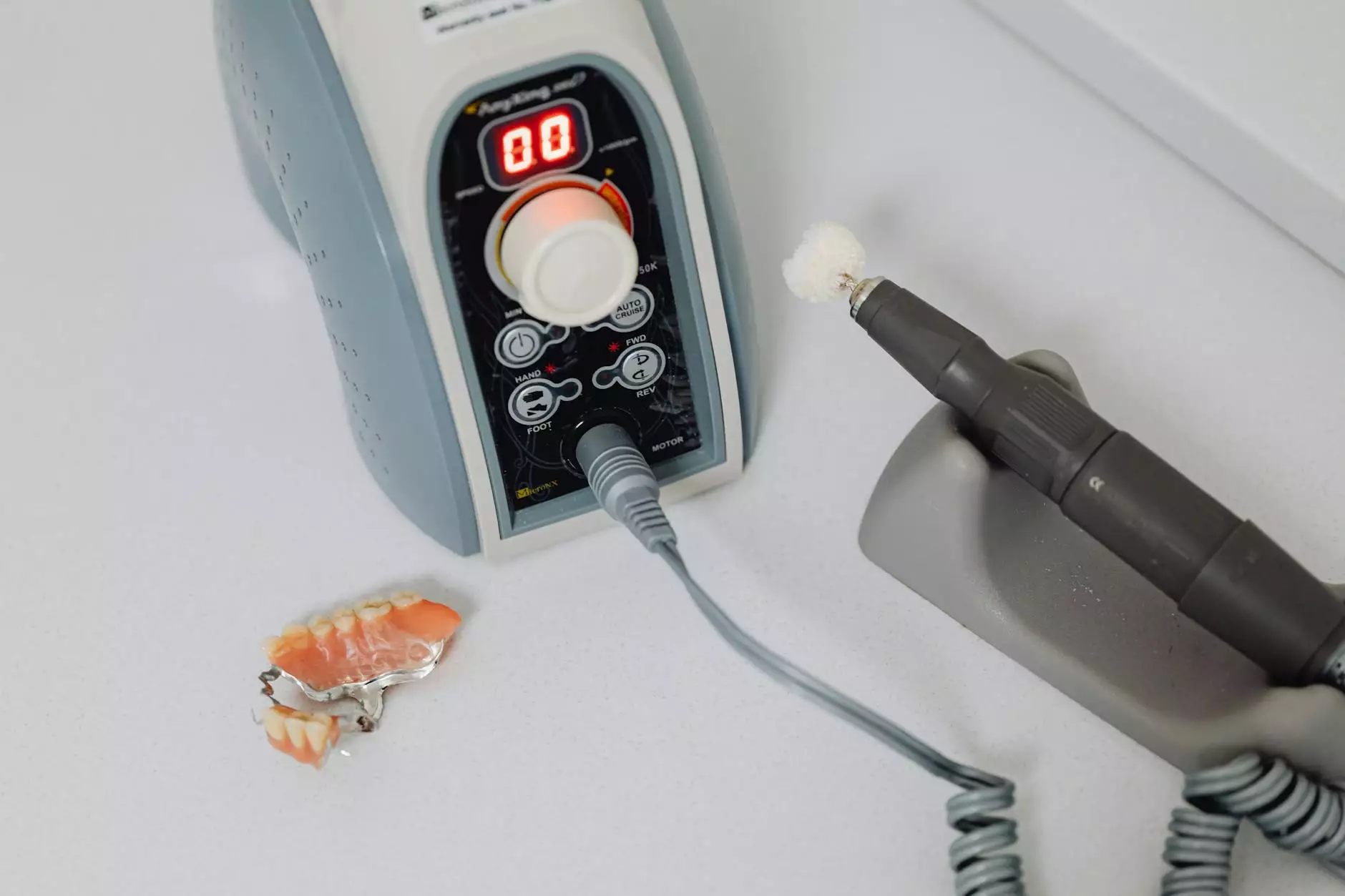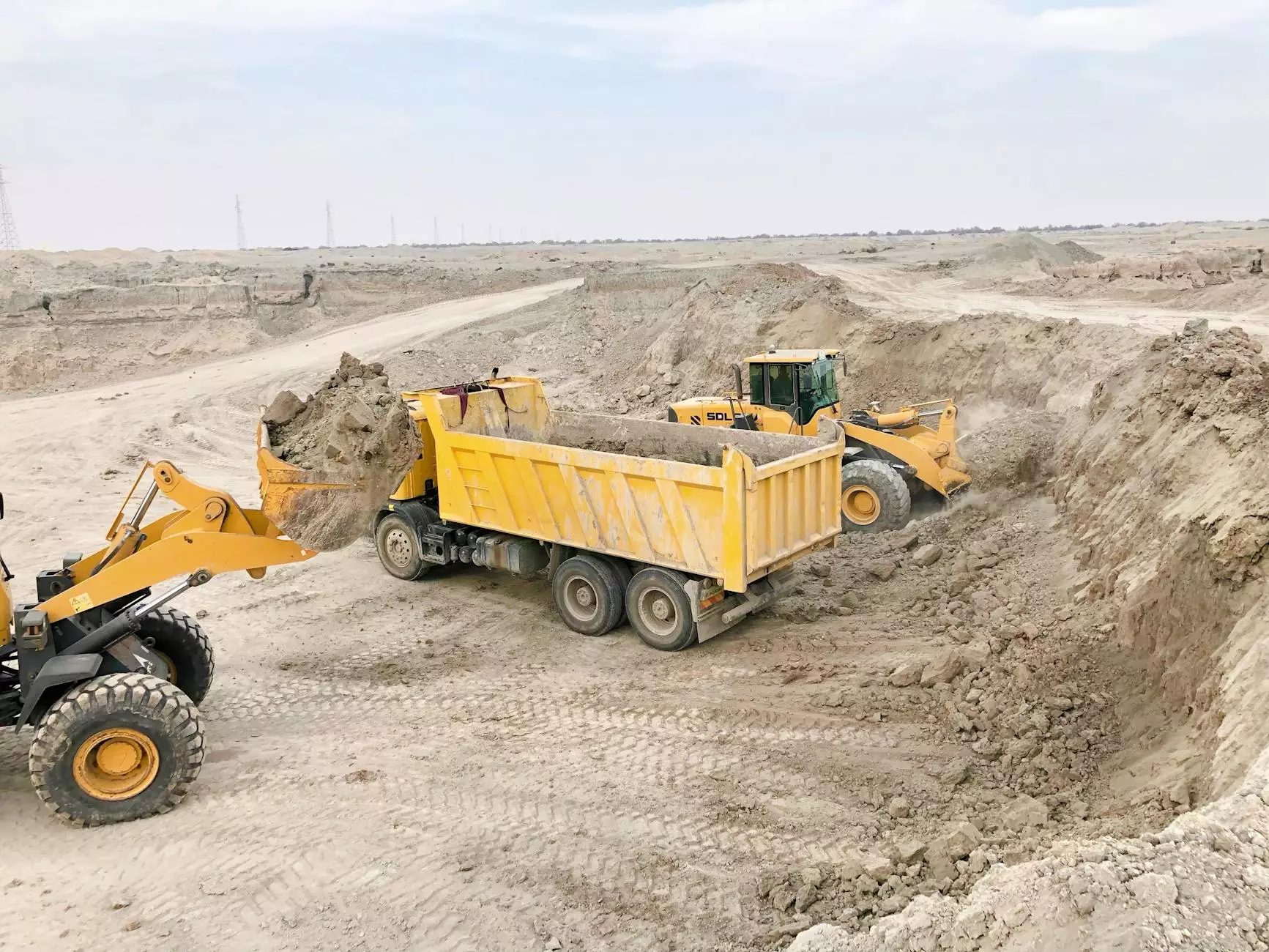Industrial Water Treatment Equipment: Enhancing Business Sustainability

Water is an essential resource for countless industries. From manufacturing to energy production, businesses rely heavily on its availability and quality. As industries grow and urbanize, the demand for efficient and sustainable water treatment methods continues to rise. In this comprehensive guide, we will delve into the realm of industrial water treatment equipment and explore its significance, functionality, and benefits. We will also highlight the key categories of water services, suppliers, and stores relevant to this industry.
1. The Importance of Industrial Water Treatment
The necessity for effective water treatment in industrial processes cannot be overstated. As industries expand, the volume of water required increases, often leading to elevated levels of pollutants. Consequently, industrial water treatment equipment plays a vital role in ensuring that wastewater is processed, treated, and recycled effectively.
1.1 Environmental Compliance
Industries operate under strict regulatory frameworks designed to protect the environment. Industrial water treatment equipment equips businesses with the tools they need to adhere to these regulations, minimizing their ecological footprint. By treating wastewater and removing harmful contaminants, companies can prevent legal repercussions and contribute positively to environmental conservation efforts.
1.2 Resource Reutilization
One of the major advantages of implementing efficient water treatment systems is the possibility of reclaiming and reusing water. Water reuse not only diminishes operational costs but also conserves an invaluable resource. With the advent of advanced filtration and purification technologies, industries can utilize reclaimed water for irrigation, cooling processes, and even as a source of potable water in some cases.
2. Types of Industrial Water Treatment Equipment
Understanding the various types of industrial water treatment equipment available is crucial for businesses looking to optimize their water management strategies. Below are some key categories:
- Filtration Systems
- Sand Filters
- Carbon Filters
- Membrane Filters
- Chemical Treatment Equipment
- Flocculators
- Coagulation Systems
- Chlorination and Dechlorination Units
- Reverse Osmosis Systems
- Ultraviolet (UV) Disinfection
- Evaporation and Distillation Units
2.1 Filtration Systems
Filtration is the first line of defense against sediment, pollutants, and harmful microorganisms. Different filtration systems serve distinct purposes:
- Sand Filters: Ideal for removing larger particles from water.
- Activated Carbon Filters: Effective in adsorbing volatile organic compounds (VOCs) and odors.
- Membrane Filters: Utilize fine membranes to separate contaminants at the molecular level.
2.2 Chemical Treatment Equipment
Chemical treatment plays a significant role in the water purification process. This category encompasses several essential components:
- Flocculators: Facilitate the aggregation of fine particles into larger clusters for easier removal.
- Coagulation Systems: Involve the addition of chemicals to destabilize impurities for effective settling.
- Chlorination Units: Used to disinfect water by eliminating harmful pathogens.
- Dechlorination Units: Essential for removing chlorine once the disinfection is complete.
2.3 Reverse Osmosis Systems
Reverse osmosis (RO) technology is a powerful water purification method. It involves forcing water through a semi-permeable membrane, effectively removing dissolved salts, organics, and other impurities. This technology is crucial for industries needing high-purity water.
2.4 Ultraviolet (UV) Disinfection
UV disinfection utilizes ultraviolet light to eliminate microorganisms in water. It's a chemical-free, environmentally friendly process that significantly reduces pathogens without leaving harmful residues.
2.5 Evaporation and Distillation Units
These systems are used for concentrating waste streams and recovering valuable components from wastewater, focusing on sustainability and resource recovery.
3. Selecting the Right Industrial Water Treatment Equipment
Choosing the right industrial water treatment equipment is imperative for optimal performance and sustainability. Factors to consider include:
- Industry Requirements: Different industries have unique water quality standards and regulations.
- Water Quality: Conduct thorough testing to understand the specific contaminants present in your water supply.
- Scalability: Consider future growth and the scalability of the equipment.
- Cost and Budget: Assess both initial investment and long-term operational costs.
- Maintenance and Support: Ensure you have access to necessary maintenance and support services.
4. The Role of Water Purification Services
Water purification services play a vital role in assisting industries with their water treatment needs. These services offer expertise, technology, and support to implement effective solutions. Companies like Bimakskimya provide tailored services that cater to the specific needs of various sectors.
4.1 Custom Solutions
Water purification services work closely with businesses to develop custom solutions. This personalized approach ensures that the equipment and treatment processes are perfectly aligned with operational needs.
4.2 Maintenance and Monitoring
Regular maintenance and monitoring of water treatment systems are critical for sustained operational effectiveness. Purification services often offer ongoing support to ensure that equipment operates at optimal efficiency.
5. Sourcing from Leading Water Suppliers
Choosing reliable water suppliers is essential for a steady stream of high-quality water. Look for suppliers who understand the industrial market and can provide consistent quality that meets compliance requirements.
5.1 Quality Assurance
Leading water suppliers maintain rigorous quality control measures to ensure the water they provide meets applicable safety and quality standards. This ensures reliability and peace of mind for industries relying on their services.
6. The Future of Industrial Water Treatment
The necessity for innovative solutions in the field of industrial water treatment is more pressing than ever. Challenges such as climate change and increasing regulations necessitate the adoption of advanced technologies and approaches.
6.1 Smart Water Management
Integration of IoT and smart technologies into industrial water treatment equipment allows for real-time monitoring, data collection, and predictive maintenance. This not only increases efficiency but also reduces operational costs.
6.2 Sustainable Practices
As businesses strive for sustainability, there is a growing emphasis on employing eco-friendly treatment methods. Technologies such as green chemistry in water treatment processes exemplify this trend.
Conclusion
In conclusion, industrial water treatment equipment is an indispensable component of modern industry. It not only aids in environmental compliance but also contributes to resource sustainability and operational efficiency. By investing in quality equipment and services, companies can ensure that they not only meet their current needs but also pave the way for sustainable growth in the future.
For expert advice, tailored solutions, and reliable equipment, consider reaching out to industry leaders such as Bimakskimya. With a commitment to excellence and sustainability, they can assist you in navigating the complexities of water treatment in today's business landscape.









